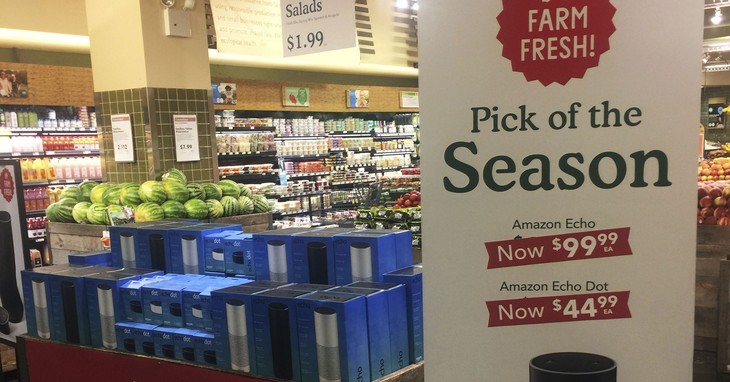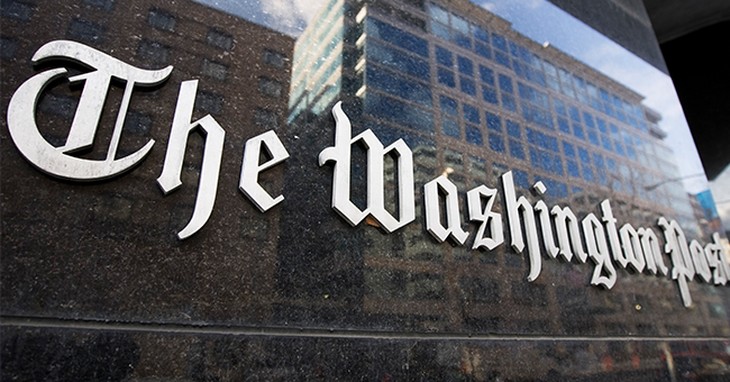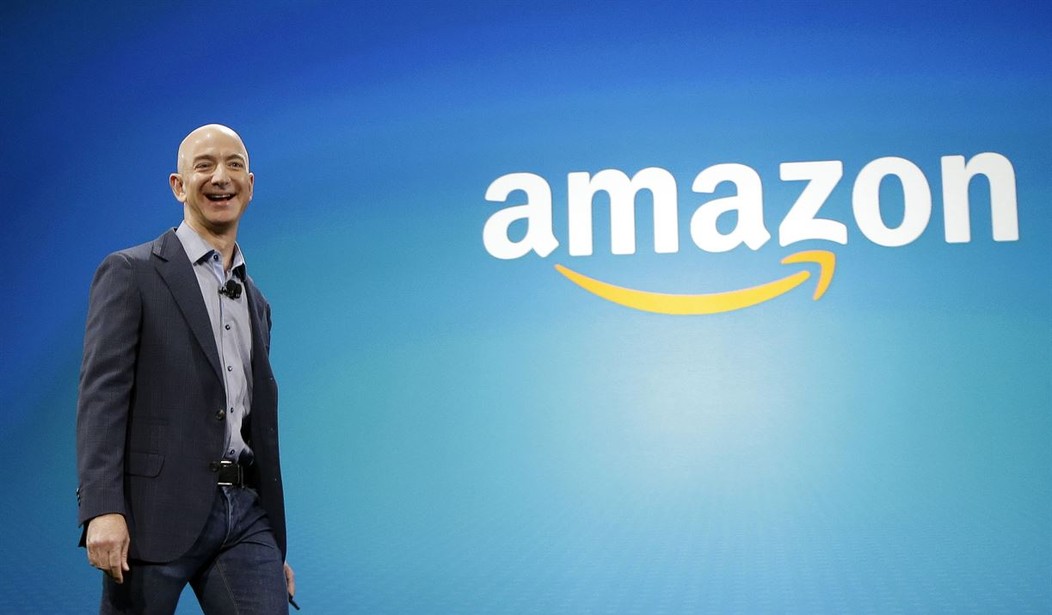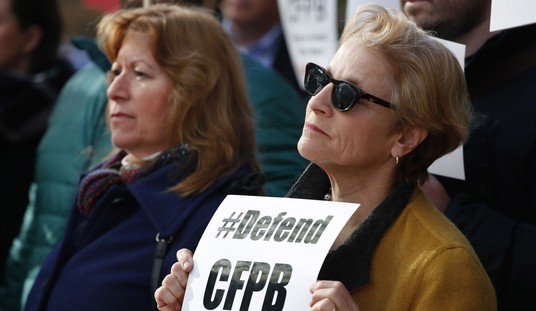On Sunday my wife wanted to make an Amazon return, so we dropped by the local Whole Foods market. We simply handed the return to an associate at the front door, they scanned a code on her phone, and voila, we were done. We didn’t even have to bring back the return in a box. The whole thing took less than 30 seconds, and her refund was issued that same evening.
Since we were there, we decided to check out the rest of the Amazon-owned, newly refurbished grocery store. “If you’ve used a credit card on Amazon,” a sign reads, “enter it here.” I slide it into the little scanner, and the gate politely opens to let me in. In an instant, they knew exactly who I was, and probably everything else about me too.
The market is shiny and well-lit, with wide aisles and fetching displays. What you might not notice is the little black hoxes hanging every few feet above your head—cameras, apparently. There are more of them than you’d find on your typical casino ceiling. They watch your every move and know everything you do, including which items you’ve taken off the shelves. Here comes the incredibly cool, albeit slightly creepy, part: when you leave you don’t have to stand in a line waiting for the checker to scan your groceries. You simply scan your credit card one last time and walk out; Amazon knows exactly what you’ve purchased, and you’ll be emailed a receipt in due time. It’s magical but frankly somewhat off-putting.
It struck me that this high-tech string of grocery stores is just a little sideline to billionaire Jeff Bezos, a small fraction of the staggering amount of the portfolios under Amazon’s control.

Arriving at home, we pick up the Amazon packages off our porch, are filmed by our Ring doorbell alarm (an Amazon-owned company), and step into the kitchen accompanied by the soothing sounds of music from Alexa. Alexa is made by… you know by now. We could then choose, as 25 million Americans did recently, to watch the new Lord of the Rings series made by and streamed by…them.
I could go on, but you get the picture. Amazon owns an incredible amount of companies and has slipped into our lives in many ways, some of which we’re unaware of. For instance, one of the behemoth’s most significant revenue sources is Amazon Cloud Services (AWS) which hosts many of the internet sites and services you use daily. They could literally shut down the ‘net if they wanted to.
I believe in capitalism, and I believe Bezos earned his success by being ahead of his time and a master tactician. However, I also believe Amazon has grown too big and too powerful and has many conflicts of interest. For instance, they store and distribute goods for millions of small companies that list their products on the retailer’s website. (This service is called “Fulfillment by Amazon,” or FBA. Full disclosure: my wife and I own one of those small businesses that use FBA.) Customers purchase the items on Amazon, then the goods are delivered from Amazon-owned warehouses, often in little blue Amazon-owned trucks.
The problem: Amazon has been repeatedly accused of conducting a secret trade war with the very companies they’re helping. There have been many accusations that the company uses sales data of its third-party sellers to see what’s selling well and then competes directly against them with their own products which they price for less. Since they control every aspect of the website, they’re also able to influence which products viewers are exposed to, and once they’re competing on an item, you can bet theirs will be heavily featured and the little guy will see his sales plummet.
Amazon has denied these tactics, but enough retailers have complained that it’s reasonable to assume some manipulation is going on.
One can argue that it’s our own fault—nobody forced us to buy on Amazon; we could always go to the store or choose a competitor. That leaves out one small thing: the pandemic. When much of the nation was under lockdown, Amazon was a savior. When I got COVID, I couldn’t very well go stand in the long, masked lines at the grocery store; no, I simply clicked a few keys on my computer, and shortly thereafter my Amazon Fresh food was on the front porch. Here’s also where Amazon’s stunning technology and efficiency really make it stand out. Quite simply, they’re better at this than anyone else. Other retailers have tried to compete, and while there have been some success stories, it’s been an uphill battle because Amazon is just so much further ahead of the pack.
(For instance, we ordered something recently from a big company trying to make its name in the internet retail market, and we were assured our package would be there the next day. A week and a half later the purchase has still not arrived and they’re simply unable to tell us the status. That doesn’t happen with Amazon.)

This brings me to the crux of my argument: there is no way in the world that Jeff Bezos, founder, executive chairman, and former president and CEO of Amazon, should also be in charge of one of the most politically influential newspapers in the country, The Washington Post. (He bought the paper in 2013. Although he is no longer involved with Amazon’s day-to-day operations, he is still Amazon’s largest shareholder.) The paper is notoriously left-leaning and often seems to act as not much more than an arm of the Democrat party. Guess who benefited the most as the paper cheered COVID lockdowns and mandates? You guessed it, Amazon. The company made out like a bandit during the crisis, with sales soaring. They kept building more and more warehouses which now dot the country. When I took a road trip this summer, Amazon Prime big rigs dominated the highways. With the world returning to normalcy, the company is seeing its first growth decline in decades as people return to stores, and they have announced the cancellation of several planned warehouses. But don’t expect this slide to seriously affect their dominance anytime soon.
Bezos claims he exerts no editorial guidance to the Post, but he doesn’t have to. They know where their bread is buttered. While I respect Bezos’s brilliance and his company’s success. I think at the very least the retail arm should be a separate corporation from the third-party retailer operation; the two business models are clearly in conflict with one another, and it’s the little guy who’s at a tremendous disadvantage. Lastly, with AWS, Amazon has huge control over one of the most important utilities in modern lives—the internet.
I continue to look forward to Amazon’s innovation and efficiency, but it’s time to break it up into more than one company. It’s a recipe for disaster when one corporation or one leader holds so much power.
Correction: This story was updated Monday afternoon to reflect that Amazon does not own The Washington Post; Jeff Bezos does.














